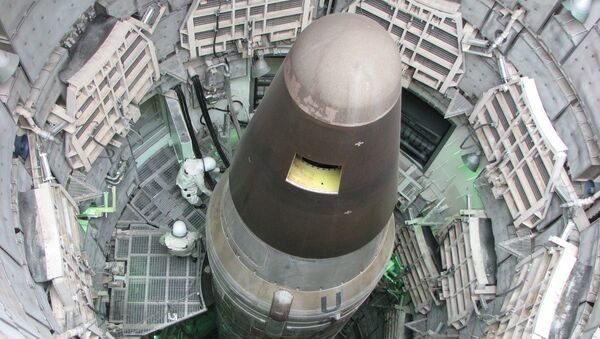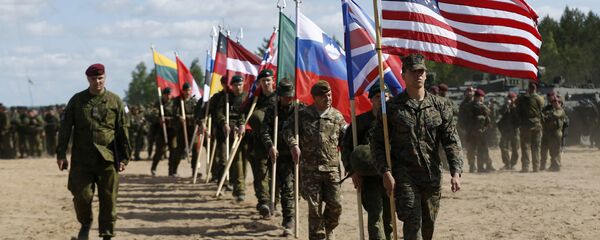WASHINGTON (Sputnik), Leandra Bernstein — After the reunification of Crimea with Russia, Washington suspended military-to-military talks with Moscow, except at the highest level. NATO followed suit, unilaterally cutting off military and civilian communications with Russia in April 2014.
"The risk is that each side will take an action which it thinks is showing restraint with resolve, and the other side interprets as showing escalation, and that we will sleepwalk ourselves up into a dangerous position," Brooks said on Friday of the dangers of a direct, unintended US-Russian confrontation.
Brooks, chief negotiator of the US-Russia Strategic Arms Reduction Treaty (START), noted that cutting military ties was "a big mistake."
"We need to understand at a professional level what the real red lines are… We need to understand better so that if we are taking risks we're doing it on purpose, not inadvertently," Brooks maintained.
Military-to-military talks should have been treated as an issue that became "more important because of tension," Brooks said, noting that the US-Russia arms reduction commitments under New START treaty have continued despite the 2014 chill in relations.
Following the severing of military ties, NATO announced a series of large-scale military exercises and initiated troop and equipment rotations to its eastern front. Russia has strongly opposed the measures, warning that NATO’s increased activities are provocative and pose a threat to regional and global stability.


